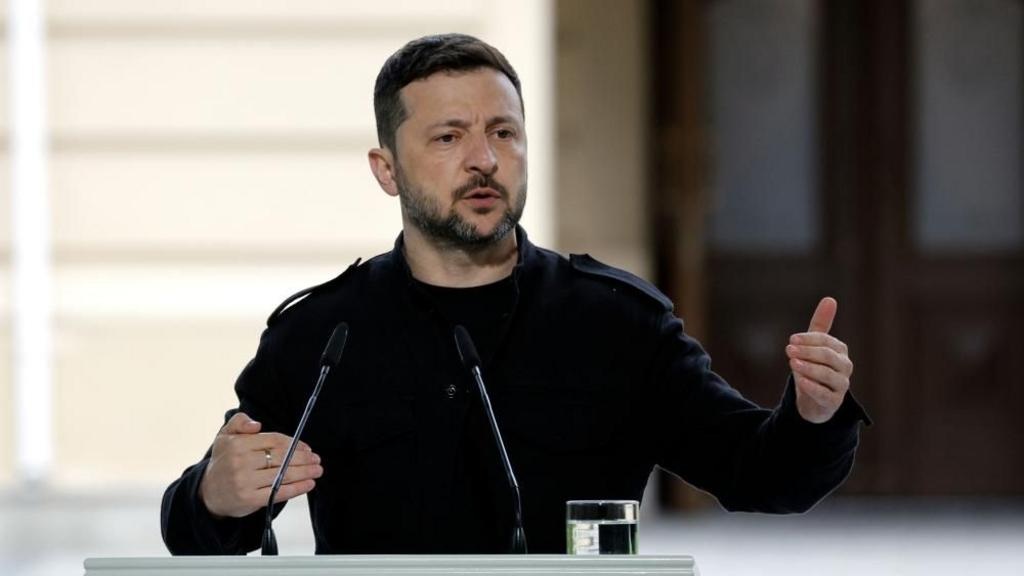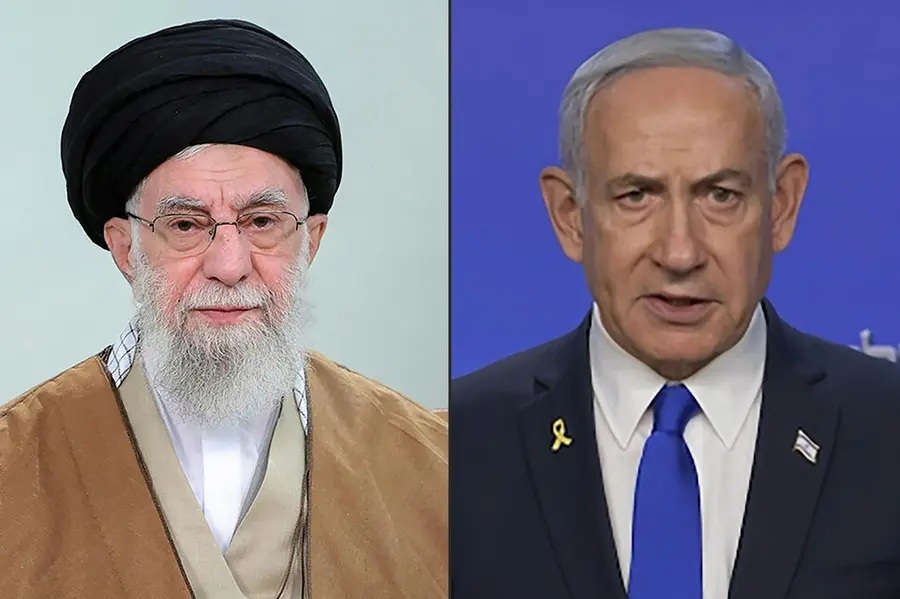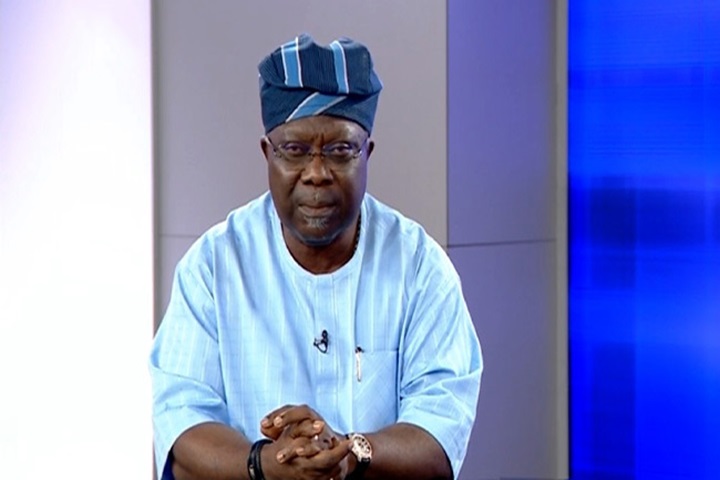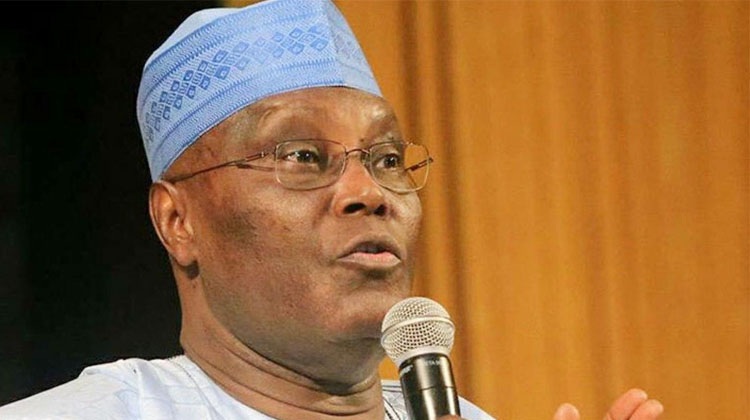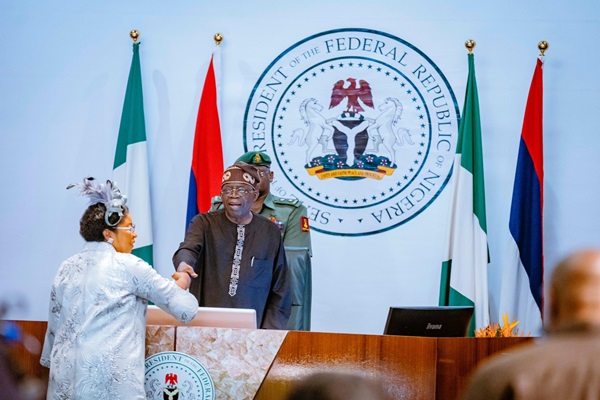Analysis
Analysing & dissecting the draft 2024 Enugu budget speech of Gov. Peter Mbah

Analysing and dissecting the draft 2024 Enugu State budget speech of His Excellency Dr. Peter Mbah ~ Chasm of contradictions: a budget in misalignment with its objectives — by John Nwobodo, Esq.
Key highlights of the Budget Speech
According to His Excellency, the Governor, the 2024-2026 Multi-Year budget is envisioned to set the pace for the achievement of his growth objectives.
Christened the Budget of Disruptive Economic Growth, the budget is primed to achieve two broad objectives of ranking top 3 states in Nigeria in GDP from $4.4b to $30b before 2031 and achieving a zero percent rate in poverty headcount. The private sector holds the key to realizing the objectives. Consequently, the budget will take care of investments in factors critical for private sector involvement such as basic infrastructure and amenities (roads and water supply), transport services and digitalization of public services and its associated processes.
In what ways would the budget achieve the two set broad objectives? The Governor posited in answer that one of the surest ways of ensuring sustainable eradication of poverty is through the aggressive enhancement of education and public health systems.
The budget funding thrust is the maximization of internal revenue generation efforts by improving the efficiency of collections, enhancing the efficacy of government services to the populace and evolving creative new revenue generation sources particularly by optimizing natural resources through improved oversight and regulation of mining activities and landed assets.
The speech highlighted the performance of the budget of the outgoing year. The top picks from the N224,697,889,063 current year budget are:
(1) The realization of a combined water generation capacity of 120 million cubic metres per day.
(2) Contracts for the construction and rehabilitation work on the over 81 roads, including several urban roads as well as some priority non-urban roads. The standout projects are the dualization of the 22km Enugu Airport Flyover-Eke Obinagu-Ebonyi State border, and the construction of Owo-Ubahu-Amankanu-Neke-Ikem Road.
(3) Expansion of National Cash Transfer Register of the Federal Government from 43,000 to 260,000 beneficiaries.
(4) Accumulation of 300,000 hectares of land as land bank to be made available to corporate farmers for massive cultivation of agro produce, and an ongoing conversations with key development agencies for the development of Special Agro Processing Zones (SAPZs) in the 3 senatorial zones of the state.
(5) The hosting of the Enugu State Investment Roundtable
(6) Completion of the pilot Smart Model Basic School in Owo, Nkanu East Local Government Area.
(7) Expressed intention to construct 260 Type-2 Primary Health Centres across the 260 wards in the state to cater for the health needs of rural communities.
(8) Discontinuation of the ignoble Monday sit-at-home campaign and boosting of the security framework with the introduction of the Distress Response Squad, including ongoing installation of a CCTV surveillance network around the state.
In unmistaken locution, the Governor spotlights the major areas of positive disruption. They are the development of 260 model schools and transition to e-governance.
The Governor proposed a total budget size of N521,561,386,000.00, over half a trillion Naira, representing 132% increase from the 2023 revised budget of N224,697,889,063. This is the highest in the budget history of Enugu State.
The budget consists of N107,227,266,000.00 recurrent expenditure and N414,334,120,000.00 capital expenditure. Funding of the budget will come from a proposed recurrent revenue of N383,789,000,000.00 consisting of 5 revenue sources: Opening balance (N11,000,000,000.00), IGR (N252,789,000,000.00), Statutory Revenue (N60,000,000,000.00), Excess Crude and others (N16,000,000,000.00), and Value Added Tax (N44,000,000,000.00). The balance of N276,561,734,000.00 after deduction of the recurrent expenditure will form part of the Capital Development Fund which together with the projected capital receipts of N137,772,386,000.00 will be used to fund the capital expenditure. The capital receipts consist of External and Internal Aid and Grants (N27,922,386,000.00), Public Private Partnership (N6,100,000,000.00), Domestic Loans/Borrowings Receipts (N71,000,000,000), and International Loans/Borrowing Receipts).
The capital expenditure sectoral allocations are:
(1) Administration Sector – N20,877,662,350
(2) Economic Sector – N207,837,753,513
(3) Law & Justice –N1,225,643,490
(4) Regional Sector – N1,443,550,000
(5) Social Sector – N182,949,510,648
From every indication, the project thrust of the budget is in five key areas namely:
(1) Construction of 260 Smart Schools in each of the 260 wards in Enugu State and its associated backup spending in education – N134,587,982,647.78
(2) Construction of 260 Type-2 Primary Health Centres across the 260 wards in the State – N21,777,421,000
(3) Construction of road and maintenance of public building – N82,535,147,361.03
(4) Water sector – N28,970,250,000
(5) Agricultural Sector – N25,184,154,671.81
These 5 key areas will gulp the sum of N293,054,955,680.62 out of the N414,334,120,000 capital expenditure while other projects will take N121,279,164,319.38.
Analysis
This budget can be examined from the following spectrum: the objectives, the means of achieving the objectives, critique of the funding thrust, critique of the key projects, and addressing the question whether the key projects are aligned to the budget objectives.
The Objectives
The budget is primed to achieve two broad objectives viz:
a. To be among the top 3 states in Nigeria in GDP from $4.4b to $30b before 2031.
b. To achieve a zero percent rate in poverty headcount.
Means of achieving the Budget Objectives
It was posited that one of the surest ways of ensuring sustainable eradication of poverty is through the aggressive enhancement of education and public health systems.
Critique of the Funding Thrust
The budget funding thrust is the maximization of internal revenue generation efforts by improving the efficiency of collections, enhancing the efficacy of government services to the populace and evolving creative new revenue generation sources particularly by optimizing natural resources through improved oversight and regulation of mining activities and landed assets.
With IGR projected to yield N252,789,000,000.00 in the overall projected recurrent revenue of N383,789,000,000.00, it is crystal clear to the blind that the government intends to burden the citizens with tax. It can be foretold that the government may be heading into a collision with the masses because the economic and financial conditions of the people has remained static for awhile. The business environment is hostile for small businesses to thrive. It is happening already with the introduction of daily ticketing in the transport sector where hapless poor drivers of keke and buses many of whom are hirers are subjected to daily tax, a phenomenon that is alien to taxing principles.
It is important to state that some of the revenue components of the recurrent revenue are cast in probability and therefore a fantasy. For example, the IGR component alone is N252,789,000,000.00. If this amount is subtracted from the total sum of the recurrent revenue of N383,789,000,000.00, it becomes manifest that only about N131,000,000,000 being combined value of sources other than IGR seems realistic.
It is also a matter of concern that the aggregate of domestic and international loans/borrowing receipts stand at N103,000,000,000. It means that the bulk of the capital receipts will come from borrowing.
The rage about government borrowing in the last quarters of this year from Fidelity Bank and Globus bank of humongous loan sum has yet to abate. Notwithstanding, the government is unrelenting in its penchant for loans which not only impoverishes the state but also mortgages the future of the State.
Critique of the Key Projects:
(a) 260 Smart Model Basic Schools
The Governor having identified that one of the surest ways of ensuring sustainable eradication of poverty is through the aggressive enhancement of education…gives a lead-in into the proposed construction of 260 Smart Schools in each of the 260 wards in Enugu State and its associated backup spending in education expected to gulp N134,587,982,647.78.
As smart as the idea sounds and as interesting and captivating as it appears, save for being vogue, the project is a white elephant. Yes, it is good to provide serene learning environment equipped with modern facilities and equipment and integrating technology, AI and Robotics into the basic education curriculum but of what relevance when there is no corresponding provision at the Upper Secondary education level including the tertiary education level. The absence of similar and upward sophistication post-basic level is a recipe for knowledge atrophy.
Again, what becomes of the existing public secondary schools? Would they be closed down or co-exist with the Smart Model Schools? Who and who will be admitted into the Smart Schools? If the shanties called schools are to exist side by side with the Smart Model Schools, the issue of discrimination will rear up.
What sense does the Smart Model Schools make when the Enugu State Government is charging students of basic education level fees in breach of the free education law of the State? What if there are fine school buildings which poor parents cannot afford?
Most public school buildings are dilapidated with no school desks, chalk board and so on.
It is completely an antithesis to correlate education at the basic level as a means of eradicating poverty and achieving zero poverty headcount.
It seems the mantra of achieving zero poverty headcount is a slogan. The minutest thing to do is to ascertain the number of citizens below the poverty line but no it has not been done.
(a) 260 Type-2 Primary Health Centres
Construction of 260 Type-2 Primary Health Centres across the 260 wards in the State is proposed to gulp N21,777,421,000.
What is the Government plan for the existing PHCs? How do new hospital buildings scattered all over the State a factor to reduce poverty? Good health may in a way correlate with wealth in the sense that it is a healthy man that can work but the statement may be true only in a limited sense.
Currently, most PHCs in rural communities have no drug supplies, no medical personnel and no staff accommodation. So, why the government not invest in rehabilitating the existing ones and provide necessary support for full operationalization of the PHCs and maximization of existing facilities?
Conclusion
The key projects are not fittingly or properly aligned to the budget objectives. The indicated means of achieving the budget objectives are misaligned. The proposed projects are not likely to lead to eradication of poverty and achieving zero percent poverty headcount. It does not also demonstrate a promise of a significant leap in the GDP rate.
John Nwobodo was a 2023 Governorship Aspirant on the platform of Accord in Enugu State
For Diaspora Digital Media Updates click on Whatsapp, or Telegram. For eyewitness accounts/ reports/ articles, write to: citizenreports@diasporadigitalmedia.com. Follow us on X (Fomerly Twitter) or Facebook



